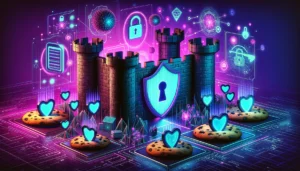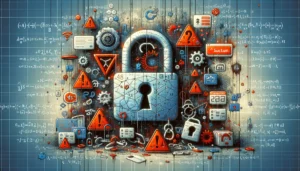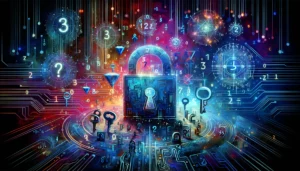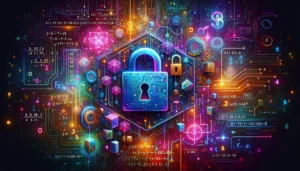Cryptography guards the security of everyday life
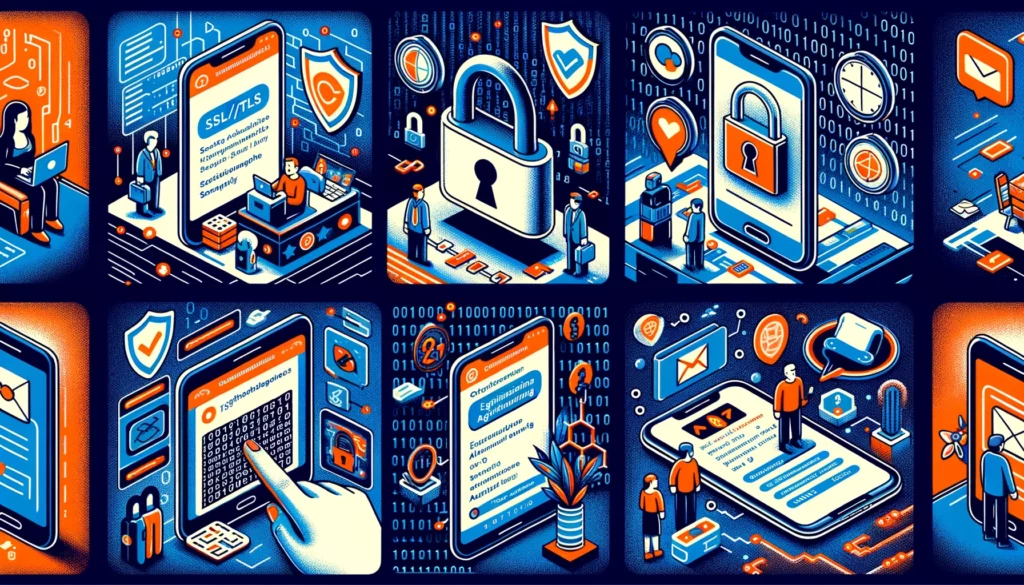
Posted in Cryptography
Tagged Cryptography
Many of us don’t even notice or know that we use cryptography literally every day at work, in everyday life, while using our laptop and even while communicating with friends. It is an invisible friend protecting us in the digital world. So, where we use cryptography in everday life?
- Computer Passwords. Cryptography plays important role in computer security, especially in the realm of password creation and management. User passwords are hashed and compared to previously stored hashes during login attempts. Passwords are not stored as plain text but are hashed and encrypted, rendering them unreadable even if an unauthorized party gains access to the password database.
- Secure Web Browsing. Cryptography is fundamental in ensuring secure online browsing. It shields users from eavesdropping and man-in-the-middle attacks. Secure Sockets Layer (SSL) and Transport Layer Security (TLS) protocols utilize public key cryptography to encrypt data exchanged between web servers and clients, establishing a secure communication channel.
- Electronic Signatures. Electronic signatures, serving as the digital counterparts of handwritten signatures, rely on cryptography for their creation and validation. Digital signatures, created through cryptographic methods, can be verified using public key cryptography. Electronic signatures are legally enforceable in many jurisdictions, and their usage is rapidly expanding.
- Authentication. Cryptography is employed for authentication across various scenarios, including accessing bank accounts, logging into computers, and using secure networks. Authentication protocols utilize cryptographic techniques to verify the user’s identity and confirm their access rights to a resource.
- Cryptocurrencies. Bitcoin, Ethereum and other digital currencies heavily depend on cryptography to secure transactions, combat fraud, and maintain the network’s integrity. Complex algorithms and cryptographic keys protect transactions, making them exceptionally resistant to tampering or forgery.
- End-to-End Encryption. Method to safeguard two-way communications such as video calls, instant messaging, and email. It ensures that only the intended recipients can decipher the message, even if it is intercepted. End-to-end encryption is prevalent in communication applications like WhatsApp and Signal, ensuring a high level of security and privacy for users.
We can conclude that cryptography has a lot of advantages.
- Access Control. Instrumental in access control, ensuring that only authorized parties with the appropriate decryption keys can access a resource.
- Secure Communication. Essential tool for secure online communication, providing robust mechanisms for transmitting sensitive information such as passwords and bank account numbers over the internet.
- Protection Against Attacks. Aids in defending against a variety of attacks, including replay and man-in-the-middle attacks, offering methods for detecting and thwarting these threats.
- Compliance with Legal Requirements. Assists organizations in adhering to legal requirements, including data protection and privacy regulations.
Cryptography permeates our daily existence, operating behind the scenes whenever we engage in online shopping, perform a banking transaction, or check our email.






